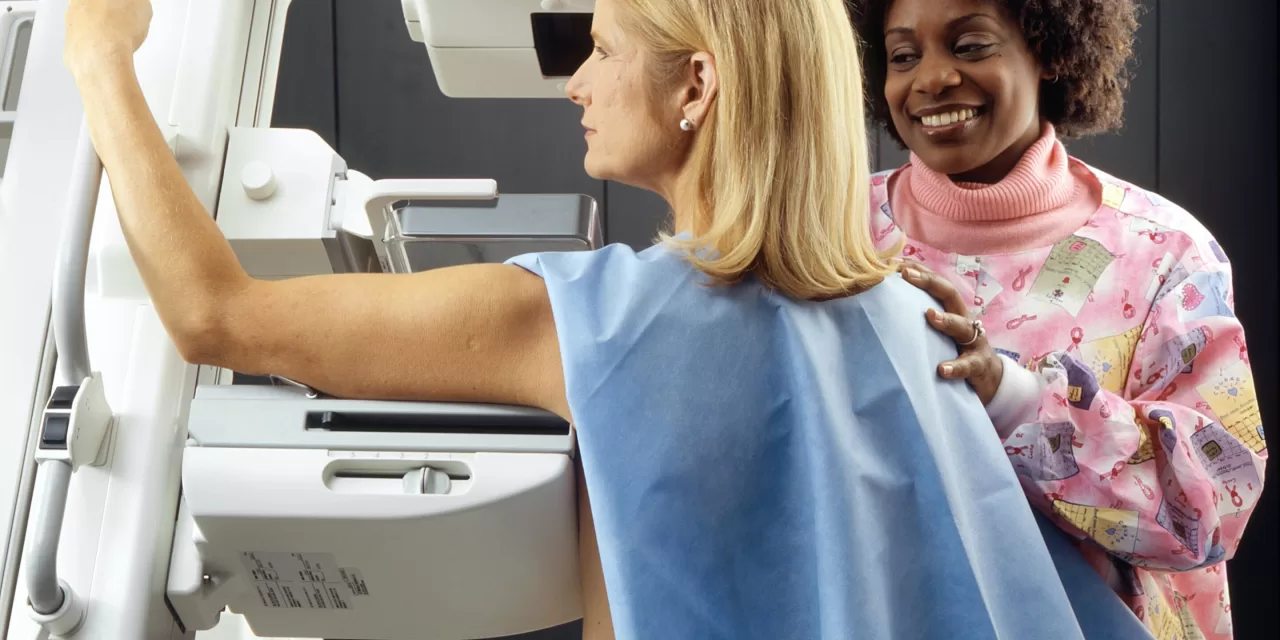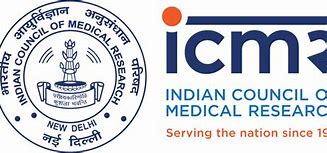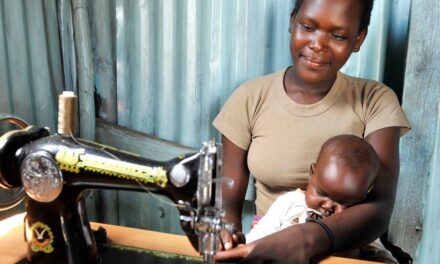A new study conducted by the University of the Basque Country (UPV/EHU) reveals that YouTube content is an important resource for those affected by breast cancer, offering valuable information and emotional support. The research, carried out by the multidisciplinary group Gureiker, has been published in the journal Profesional de la Información and highlights how social media platforms, particularly YouTube, are being used to share experiences, expert insights, and foster supportive communities.
Medical Expertise and Personal Stories Bring Hope
The research team analyzed over 1,200 YouTube videos on breast cancer from around the world, with the aim of identifying the most influential content and the concerns expressed in the comments section. They discovered that content posted by medical professionals, clinics, and health-related organizations plays a key role in providing accurate, trusted information. These channels often serve as reliable sources for patients looking to understand treatment options, side effects, and overall cancer management.
At the same time, the study emphasized the importance of personal stories. Many women who have experienced breast cancer share their journey through video testimonies, describing their treatments, fears, and hopes. These personal accounts have become a powerful source of encouragement and emotional support for viewers. María Ganzabal, a researcher from the Department of Journalism at UPV/EHU, noted that this sense of community is built around shared experiences, with women supporting one another through their cancer journey.
“There is a very grateful community on YouTube. There’s a sense of sisterhood and support,” said Ganzabal, highlighting the absence of hateful or malicious content. “Personal stories provide a source of hope for those affected by the disease.”
Social Media as a Coping Mechanism
The study aligns with the World Health Organization’s recognition of breast cancer as the most common cancer worldwide, with over 2.3 million cases diagnosed in 2022. Coping with a breast cancer diagnosis can be emotionally challenging, and many individuals turn to online platforms like YouTube to seek both medical information and emotional support.
The researchers believe that social media platforms, when utilized properly, can serve as a helpful tool for patients. Ganzabal emphasized, “Social media should not always be demonized. It’s important for the medical community to engage with these platforms, providing accurate information and organizing content that helps women cope with the disease.”
The researchers used social network analysis techniques to identify the most influential videos and users in the breast cancer community. This method allowed them to map out interactions between content and assess the authority of different videos, giving higher scores to those considered valuable sources of information.
A Call for Greater Medical Involvement on Social Media
The study underscores the need for healthcare professionals to have a stronger presence on social media, ensuring that patients have access to accurate, evidence-based information. The research team also contrasted YouTube with other platforms like TikTok, where they observed a greater presence of misinformation and pseudo-medical content.
Ultimately, the study highlights the potential of YouTube as a platform for both education and emotional healing. By blending expert content with personal testimonies, the breast cancer community on YouTube offers a lifeline to those navigating the difficult path of cancer diagnosis and treatment.
Further Reading
For more information on the study, please refer to the full article:
Ángel Pérez-Dasilva et al, “Rol de autoridad y análisis del discurso en torno al cáncer de mama en las comunidades de YouTube,” Profesional de la información (2024). DOI: 10.3145/epi.2024.0303.












